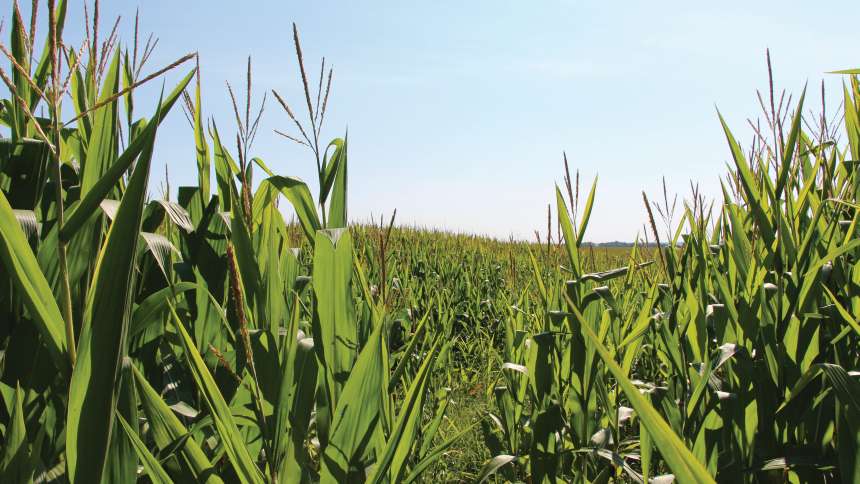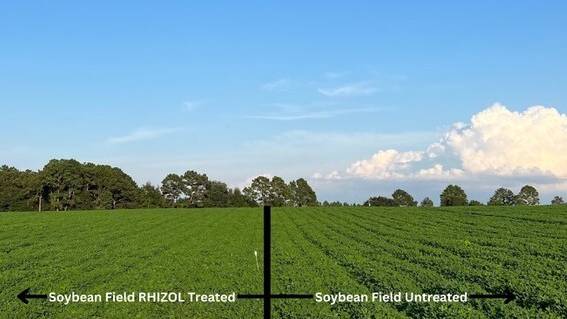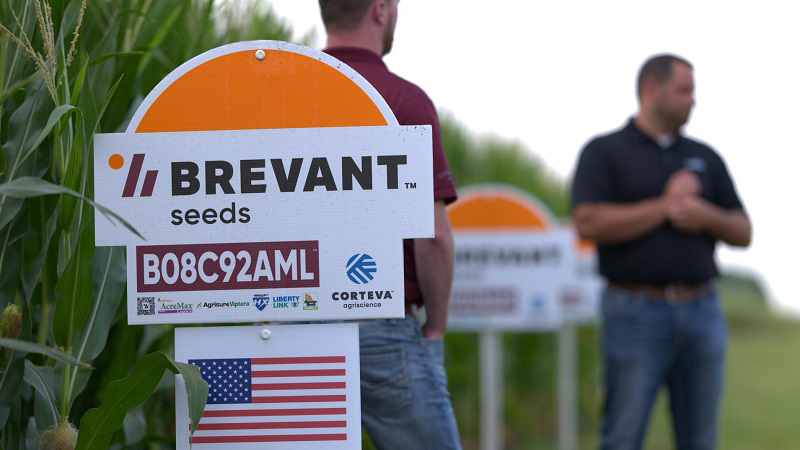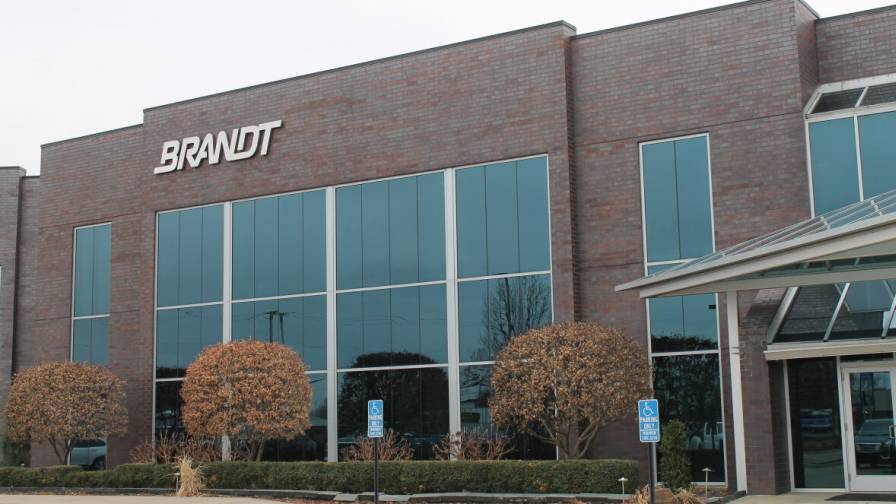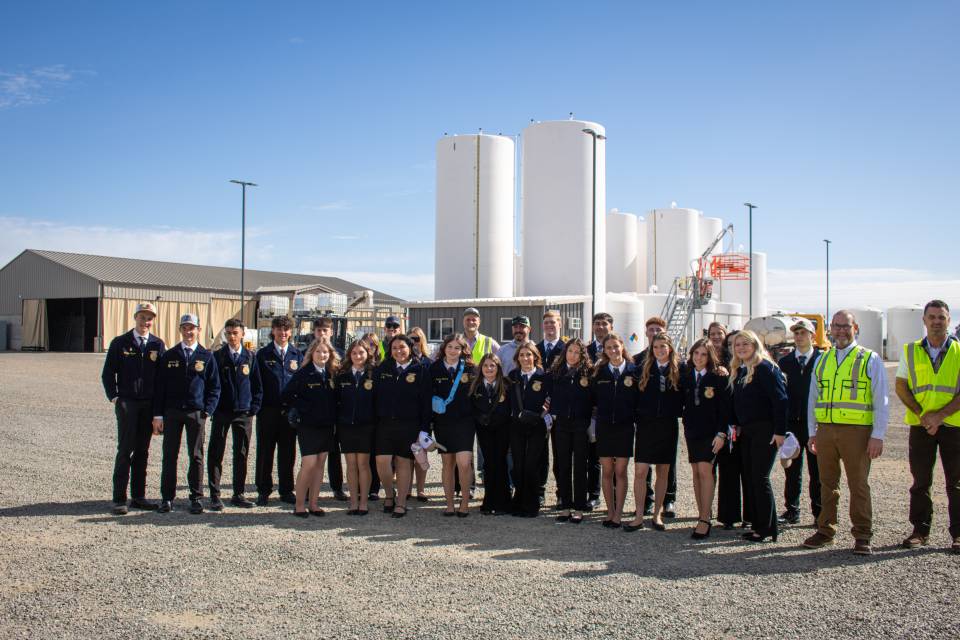Like A Great Neighbor
I’ve always contended that agriculture has great stories to tell if it just takes the time to do so. I encountered one such tale on my recent visit to the new Precision Tank & Equipment facility in Ligonier, IN.
This new facility is being used by Precision Tank & Equipment to manufacture its legacy products – stainless and mild steel tanks used for crop protection storage. In addition, the Ligonier plant is producing the first-ever fiberglass tanks in the company’s 45-year history, ranging in size from 12,000 gallons to 30,000 gallons. According to company representatives, initial orders for fiberglass tanks are running about 87% for the largest tanks and 13% for the other sizes. I’ll cover much of these plant specifics and details in the June 2010 issue of CropLife magazine.
However, one of the interesting tidbits regarding this facility is why Precision Tank & Equipment chose Ligonier for its new plant in the first place – labor. Located just northwest of Fort Wayne, Ligonier is famous for two things – a sizable Amish population and the manufacturing of recreation vehicles (RVs). For many years, a good portion of the town’s residents have learned about working with fiberglass as part of the RV business.
Unfortunately, this didn’t last. When the Great Recession began in late 2008 and 2009, much of the RV business in Ligonier and the surrounding area dried up. This left many seasoned fiberglass workers without jobs.
In stepped Precision Tank & Equipment. “Since we were new to the fiberglass tank business, we were looking to hire workers with a knowledge of this industry,” says Doff Fugate, Ligonier plant foreman. “With the RV business down, we were able to come into this area and help out some of those workers, which gave us a pretty deep pool of talent to pick from.”
Basically, this translated into a win-win for everyone involved. Precision Tank & Equipment has gained valuable fiberglass production experience with its workforce; the town has maintained its traditional manufacturing base; and the workers can continue to apply the trade they’ve had their whole working lives.
Personally, I find this all very heart-warming. Agriculture needs to share more of these kinds of stories with the world.

